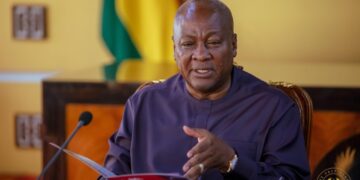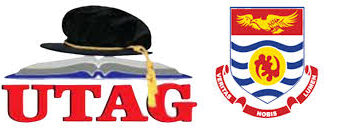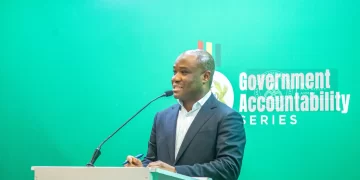Members of Parliament have been urged by the Chamber of Petroleum Customers (COPEC) to abolish the current levies on petroleum goods.
According to Duncan Amoah, the Executive Secretary of COPEC, there are gaps in the state’s revenue collection that the Finance Ministry wants to address rather than introducing new levies.
“I think that if the Finance Ministry channels its energies to sealing the revenue loopholes, we will be able to get far. So we have asked the people’s representatives in Parliament not to let us down this time around. Out of good conscience, they should throw this proposition away because there is clearly a lot of revenue that the state allows to go unaccounted for, and then we come back to squeeze the same people who are already crying for paying too much for fuel.”
Read Also: Minority takes on government for blaming economy’s woes on COVID-19
Mr. Amoah further reported on Eyewitness News that “around GHS1.9 billion in revenue that was owed the state made its way into private pockets.” The cumulative sum of taxes we are simply trying to slap on petroleum will raise GHS1.2 billion every year. The government has already allowed GHS1.9 billion to go into the coffers of the rich, money that the government might have been able to recoup, and so you come to the trotro driver and tell him to pay further taxes so that we can recoup GHS1.2 billion.”
“The accumulated increases we have paid since January to date is already 17%, from GHS4.67 pesewas to the current GHS5.45 pesewas. If you add another 5-8%, you are doing 23% within a quarter. That is clearly unsustainable and we think somebody must be up to managing fuel prices for Ghanaians by ensuring the refinery is working, ensuring that BOST is playing the role for which we used the taxpayer’s money to build it.”
The government proposes a new levy on petroleum goods, among other things, in the 2021 budget.
The Sanitation and Pollution Levy is a proposed tax that can be used to finance investments in sanitation and pollution.
The Energy Sector Levies Act imposes a tax of 10 pesewas on the price of a litre of gasoline or diesel (ESLA).
In addition, fuel prices have been increased by 30 pesewas to meet excess power capacity costs.
If the plan is adopted, Ghanaians should predict higher fuel rates at the pump.
Source: ALTFMNEWSROOM


























